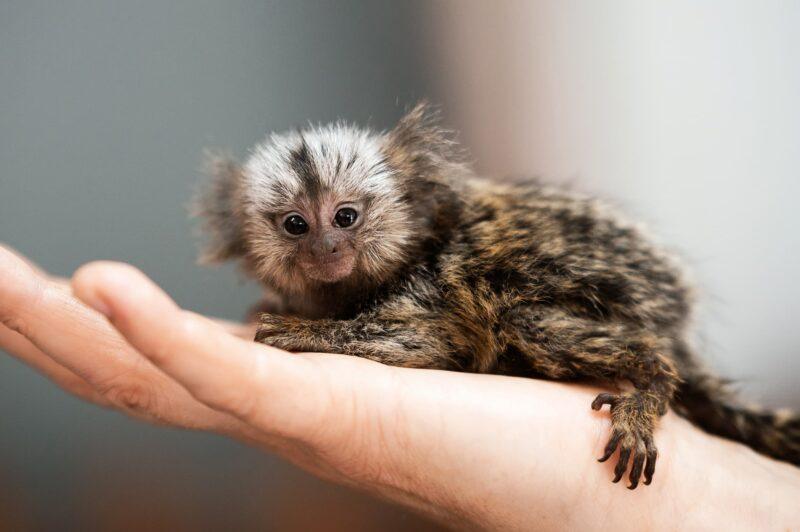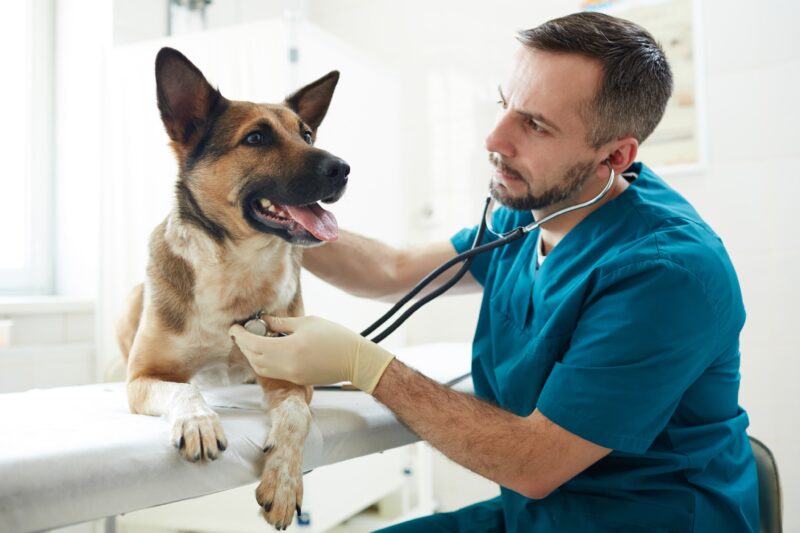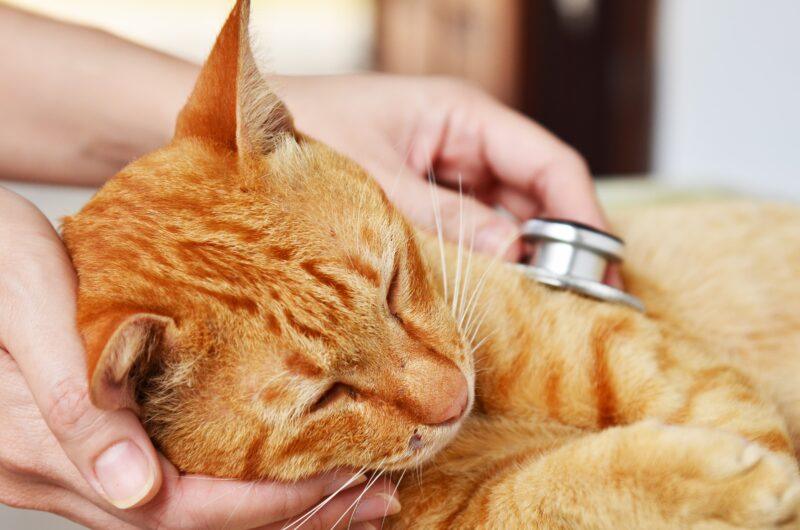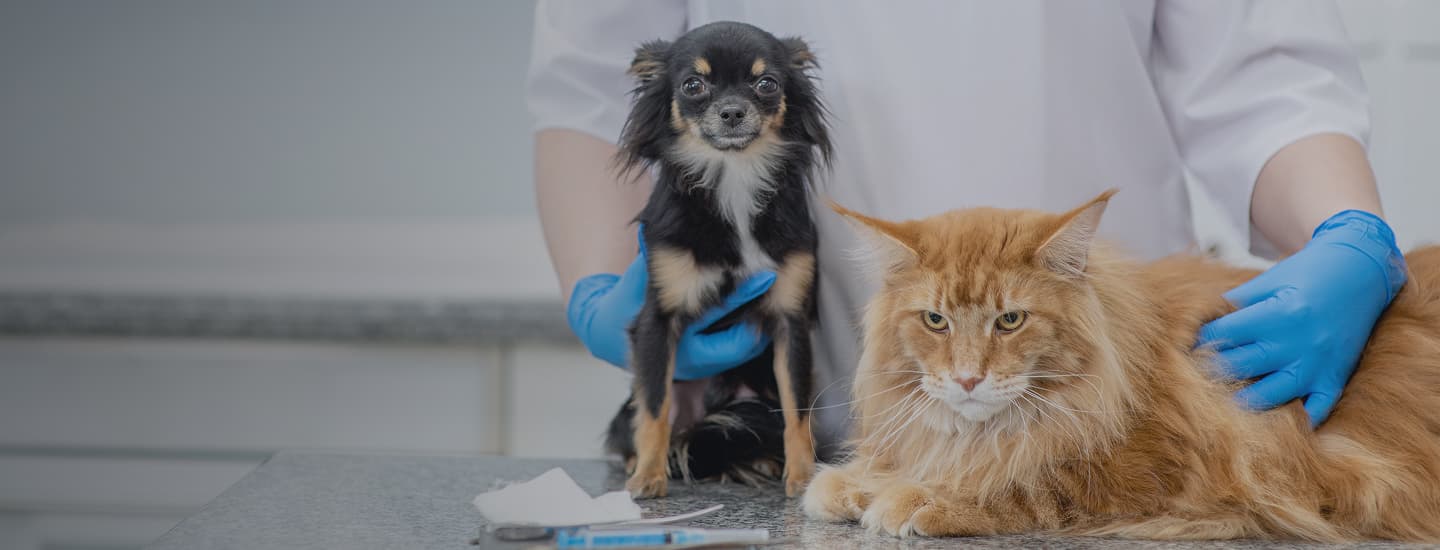
Exotics Care
Veterinary services tailored to meet the unique needs of your extraordinary pets.

Dog Care
Veterinary services to support your dog’s wellness, prevent illness, and promote a wagging life.

Cat Care
Veterinary services to keep your cat healthy, happy, and purring at every stage of life.

